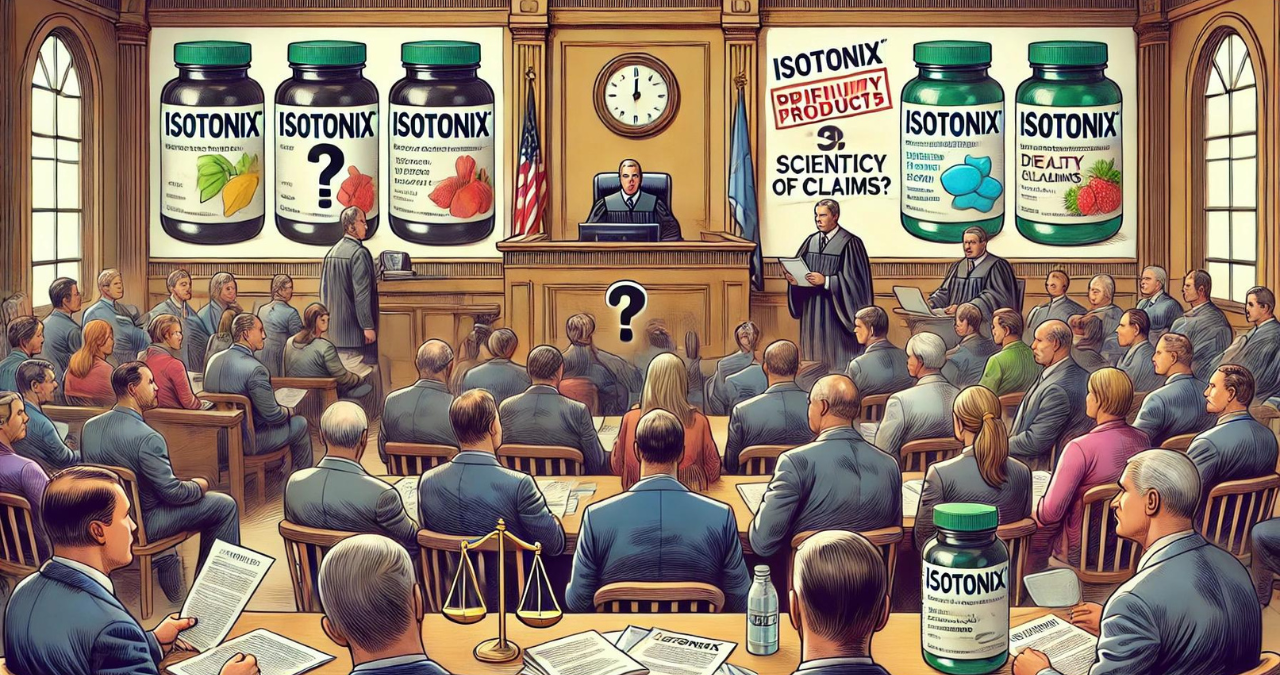Introduction
The Isotonix lawsuit represents a significant legal event that could reshape how nutritional supplements are marketed and regulated. This article delves into the details of the isotonix lawsuit, exploring the allegations, the defence, and the broader implications for consumers and the industry. Understanding these elements is crucial for consumers who rely on such products for their health and wellness.
Background of Isotonix
Isotonix is a line of dietary supplements known for their unique isotonic-capable formulas, which are designed to facilitate faster and more efficient absorption of nutrients by the body. Marketed by Market America, these products have been popular among consumers looking for various health benefits, from immune support to weight management.
The Genesis of the Lawsuit
The lawsuit against Isotonix began when consumers raised concerns over the veracity of the health claims made by the company. The plaintiffs allege that some of the advertised benefits of Isotonix supplements are not supported by scientific evidence, potentially constituting misleading or deceptive trade practices.
Key Allegations
- Misleading Claims: The lawsuit points to several claims made by Isotonix about the efficacy of their products, which allegedly lack scientific backing.
- Consumer Deception: It is argued that by promoting unverified benefits, Isotonix misled consumers, affecting their purchasing decisions.
- Financial Damages: Consumers claim they suffered financial damages purchasing products that did not perform as advertised.
The Defense
In response to the lawsuit, Isotonix and Market America have defended the integrity of their product formulations and the truthfulness of their marketing strategies. They argue that:
- All health claims are based on available scientific research and are compliant with regulatory standards.
- Marketing materials include disclaimers regarding health claims and statements.
Legal and Regulatory Scrutiny
This section will explore how dietary supplements are regulated in the United States, the role of the FDA, and how legal challenges like this one can influence industry practices.
Impact on the Industry
The Isotonix lawsuit could prompt stricter regulations on how the health benefits of dietary supplements are advertised. This could lead to more rigorous standards for proving health claims before being marketed to the public.
Consumer Reactions
Consumer trust plays a crucial part in the dietary supplement market. This lawsuit has sparked many consumer reactions, from staunch support for Isotonix to disillusionment with the brand.
Expert Opinions
Insights from legal experts on the potential outcomes of the lawsuit and health experts on the importance of evidence-based marketing in the supplement industry.
Conclusion
The Isotonix lawsuit is a critical case study in balancing marketing freedom and consumer protection. Regardless of the outcome, this case will likely influence how supplement companies approach the marketing of their products and how consumers perceive and choose health-related products.
FAQs About the Isotonix Lawsuit
- What is the main allegation in the Isotonix lawsuit?
- The central accusation is that Isotonix made misleading claims about the health benefits of its products that were not supported by adequate scientific evidence.
- How does the Isotonix lawsuit affect consumers?
- The lawsuit highlights the need for consumers to be sceptical of health claims and emphasizes the importance of evidence-based purchasing decisions.
- What could be the potential outcomes of the Isotonix lawsuit?
- Potential outcomes could range from financial penalties and required changes in marketing practices for Isotonix to broader industry reforms in how dietary supplements are regulated and marketed.
- How are nutritional supplements regulated in the U.S.?
- Dietary supplements are regulated by the FDA but under a different set of regulations than prescription medications. Supplement manufacturers are responsible for ensuring their products are safe and that any claims made are substantiated.
- Why is the Isotonix lawsuit significant to the dietary supplement industry?
- This lawsuit could set a precedent for how health claims must be substantiated in the supplement industry, potentially leading to more stringent regulatory requirements and changes in how companies market their products.
You May Also Read: https://usaredmagazine.com/working-out-with-two-guys-romina-boudoir/



